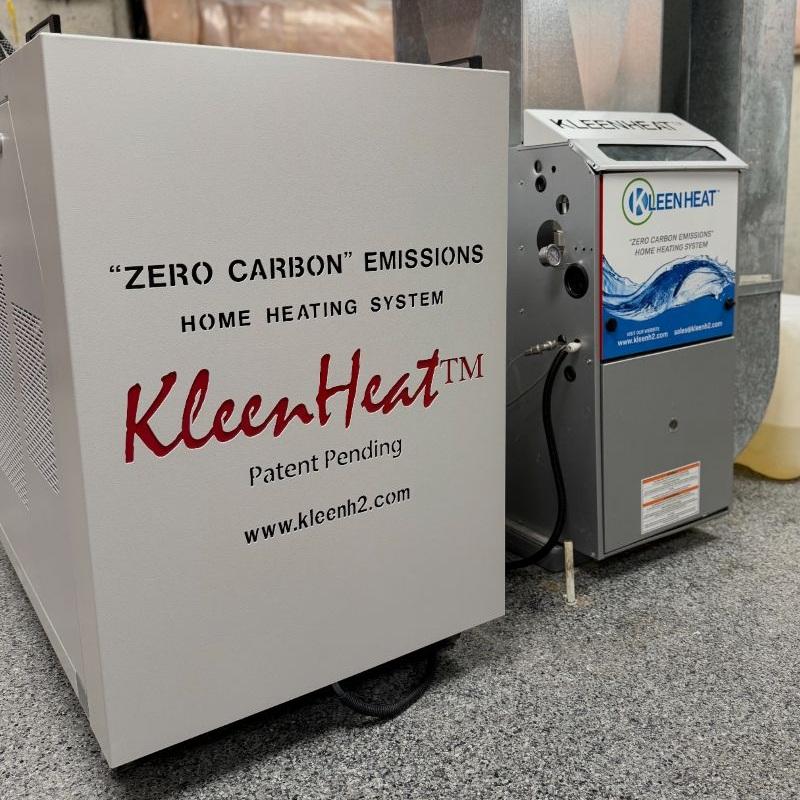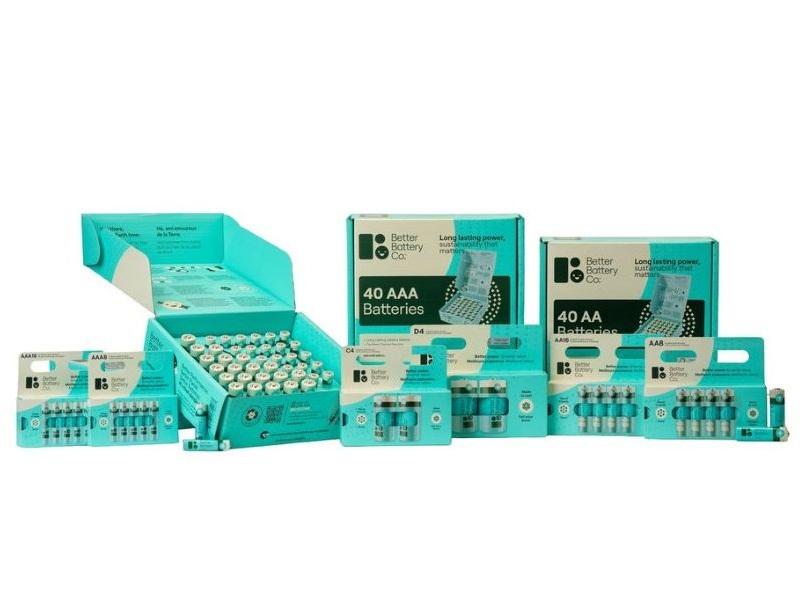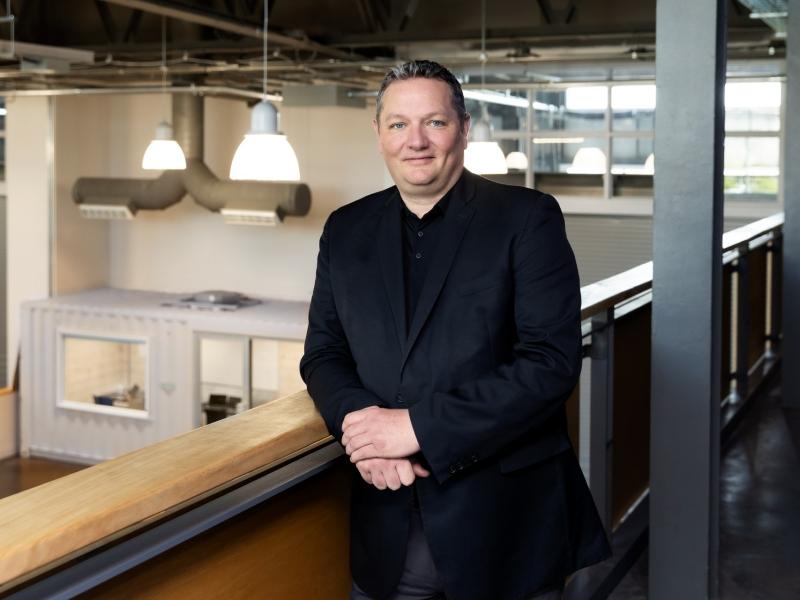
A hydrogen-powered home furnace developed by KLEEN HY-DRO-GEN Inc. can safely heat dwellings with water and electricity while producing no carbon emissions, says the team behind the Pickering, Ont.-based company.
Named KLEENHEAT, the company’s solution is to convert natural gas- and propane-powered furnaces to a hydrogen counterpart. The machinery splits water into hydrogen and oxygen through electrolysis, and feeds the hydrogen to the furnace where it is burned to produce heat.
No greenhouse gas emissions are generated, unlike fossil fuels. The technology ensures the water can be collected again to be reused, further enhancing sustainability.
“Nobody else is doing it. It had to be done. We need zero emissions,” Thomas Fairfull, president and CEO of KLEEN, said in an interview with Sustainable Biz Canada.
He is the founder and former president and CEO of dynaCERT Inc., a company based in Toronto addressing pollution in diesel engines.
“It’s going to be a very disruptive technology,” Fairfull said about KLEENHEAT, imagining a future where society no longer needs to spend billions of dollars on gas infrastructure.
With sales of KLEENHEAT scheduled to start in February 2026, Fairfull plans to list the company on the Canadian Securities Exchange (CSE) in September to grow the company and propel commercialization.
Clean and safe furnace conversions
The retrofit starts by inspecting a furnace to see if the equipment is compatible, as explained by Sam Soliman, head of engineering at KLEEN. If viable, the gas piping is disconnected and a hydrogen generator is installed next to the furnace.
The system includes a water tank and a hydrogen generator that splits water into gaseous hydrogen and oxygen. When there is demand for heating, electrolysis takes place to divide water into the two elements. The hydrogen gas is collected and used to heat the building.
Water vapour is the byproduct of this reaction, which is condensed in a heat exchanger to be fed back to the system for reuse.
Another major benefit is the enhanced safety, Soliman said. KLEENHEAT only stores water and operates on demand, so flammable hydrogen fuel is not held in reserve. KLEEN’s system also does not carry the risk of producing carbon monoxide, he added, a dangerous gas.
Homes and cottages
To prove its safety, KLEEN has been running a pilot unit in Ajax, Ont. for over two years. Installed in an approximately 2,200-square-foot home, Fairfull said it has been operating “phenomenally,” humming along with no issues during the cold winter last year.
Rural areas are a “perfect fit” for KLEENHEAT, Soliman said. The company also plans to work with real estate developers and builders to get its product into homes, Arthur Crapopoulos, the company’s head of marketing, said in the interview. If installed, developers would not need to pay high charges to have natural gas infrastructure in new homes, bringing the costs down, he said.
“We’re not limiting to Ontario. The application is going to be nationwide. It’s a global reach-out,” Crapopoulos added.
Sales of KLEENHEAT are expected to have an initial focus on homes and cottages, Fairfull said.
The retrofit kits are made in Ajax, and Fairfull is looking to expand KLEEN’s production capacity.
KLEEN's planned public listing
Each KLEENHEAT system costs approximately $50,000, a steep premium over the average price of a gas-powered furnace in Canada that costs between $4,000 and $6,750, according to FurnacePrices.ca. The high cost of hydrogen fuel and infrastructure today is often cited as a stumbling block to its mass adoption.
Fairfull said the cost of KLEENHEAT can be halved with government rebates; Soliman pointed out the possibility of trading carbon credits, generating revenue to further offset the price.
“The homeowner’s going to be making money from heating his house. It’s just a no-brainer,” Fairfull said.
Increased production of the retrofit kits will further drop the price, he added.
Having already taken six companies public, Fairfull plans to make that seven with KLEEN. The plan is to make KLEEN public on the CSE in September under the symbol KLN. Growing the stock and raising funds to build more units is KLEEN's expectation of the listing.
After initially focusing on housing, Fairfull said he also sees the technology underpinning KLEENHEAT possibly being used in heavy industry and commercial buildings.










